Festivals in Nigeria are a vibrant tapestry of culture and tradition, showcasing the country’s rich heritage. Located in West Africa, Nigeria is the continent’s most populous nation. The capital, Abuja, and economic hub, Lagos, highlight Nigeria’s diversity. Renowned for its music, art, and cuisine, Nigeria offers an unforgettable experience for travellers. With numerous cultural and traditional festivals celebrated annually, Nigeria is a must-visit destination for those seeking authentic African culture. These festivals reflect the country’s diverse traditions and provide a platform for unity and celebration among its diverse communities.
Top 10 Festivals In Nigeria: A Celebration Of Diversity
Festivals in Nigeria showcase unity in diversity through colourful celebrations of culture, tradition, and history.
1. Eyo Festival
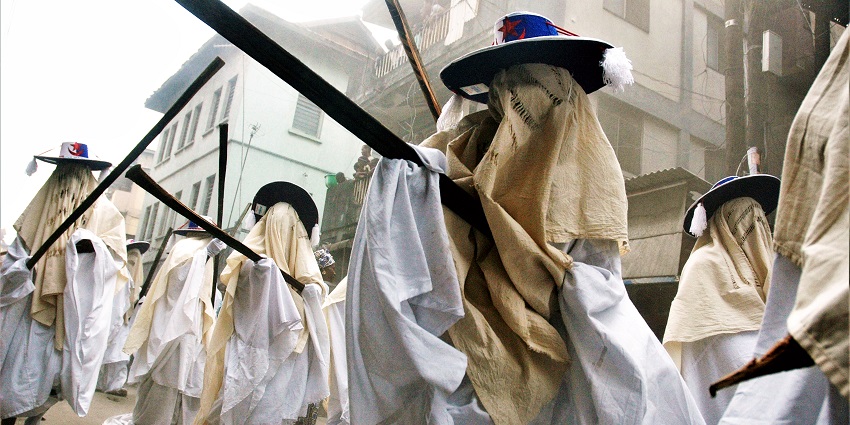
Photo: Sir Demo / Wikimedia Commons
The Eyo Festival in Lagos is a vibrant celebration honoring departed kings and chiefs. Participants, dressed in white robes and masks, perform traditional street dances, creating a captivating spectacle. This cultural event symbolizes peace and unity among Lagosians, offering visitors a unique insight into Nigerian heritage. The festival’s lively colors, rhythmic beats, and grand procession create an immersive atmosphere. It is a must-attend event for anyone seeking to experience the rich cultural traditions of Lagos.
Activities & Events: Parades, traditional dances
Special Food/Drink: Local Nigerian delicacies
2. Durbar Festival
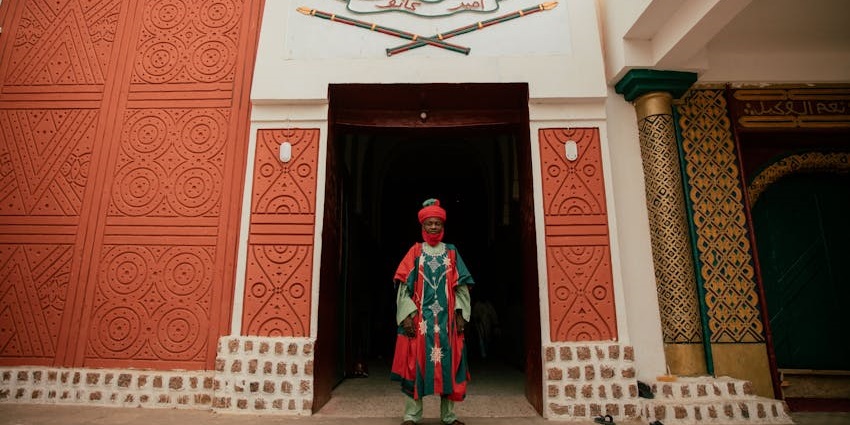
Photo: Al Ameen Saddiq / Pexels / Image For Representation Only
Held during Eid celebrations in northern cities such as Kano and Katsina, the Durbar Festival features spectacular horse parades and drumming. It highlights Hausa-Fulani culture and serves as a tribute to Islamic traditions. The majestic horses and the vibrant atmosphere captivate visitors, making it a memorable experience. The festival showcases the rich cultural heritage of Nigeria’s northern regions. The festival also includes royal processions and displays of traditional attire, emphasising the importance of community and royalty in Hausa-Fulani culture.
Celebrated In: Eid al-Fitr and Eid al-Adha
Activities & Events: Horse parades, drumming
3. Osun-Osogbo Festival
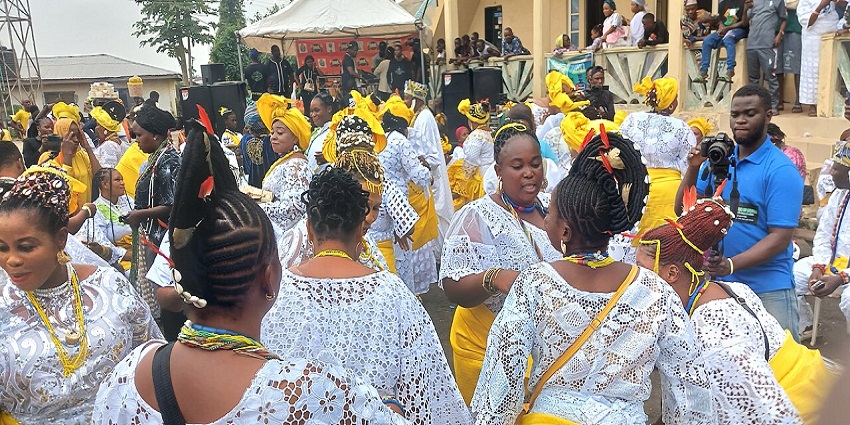
Photo: SteadyWins / Wikimedia Commons
This UNESCO-recognised festival in Osogbo honours the goddess Osun. Devotees gather at the sacred Osun River to offer prayers and gifts for blessings. Visitors can immerse themselves in Yoruba spirituality and witness the vibrant rituals. The festival attracts global attention to its cultural significance and offers a unique spiritual experience. The festival also highlights the importance of preserving cultural heritage sites such as the Osun Osogbo Sacred Grove.
Celebrated In: August
Activities & Events: Rituals at the river
Special Food/Drink: Traditional Yoruba dishes
4. Calabar Carnival
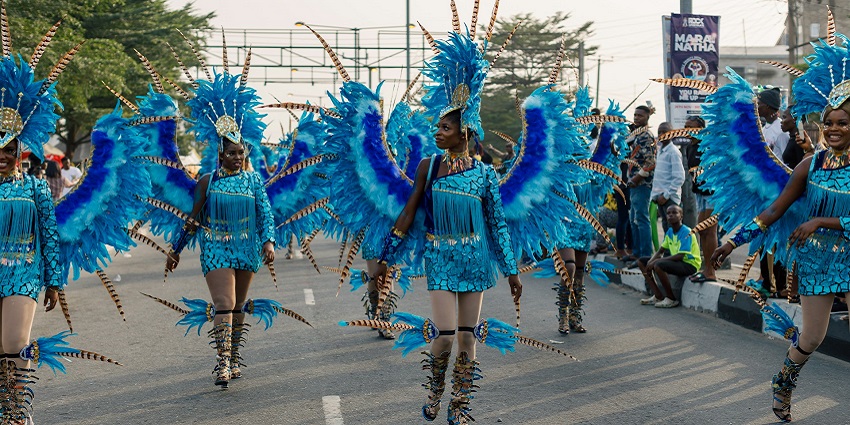
The Calabar festival, also known as “Africa’s Biggest Street Party,” the Calabar Carnival, occurs in December in Cross River State. It features colourful costumes, music performances, and parades highlighting Nigerian culture. Visitors enjoy the lively atmosphere and can participate in the festivities, making it a fun-filled experience. The carnival promotes Nigerian unity and showcases the country’s vibrant cultural diversity. The event includes competitions among different bands, each showcasing unique themes and costumes.
Celebrated In: December
Activities & Events: Parades, live performances
5. Argungu Fishing Festival
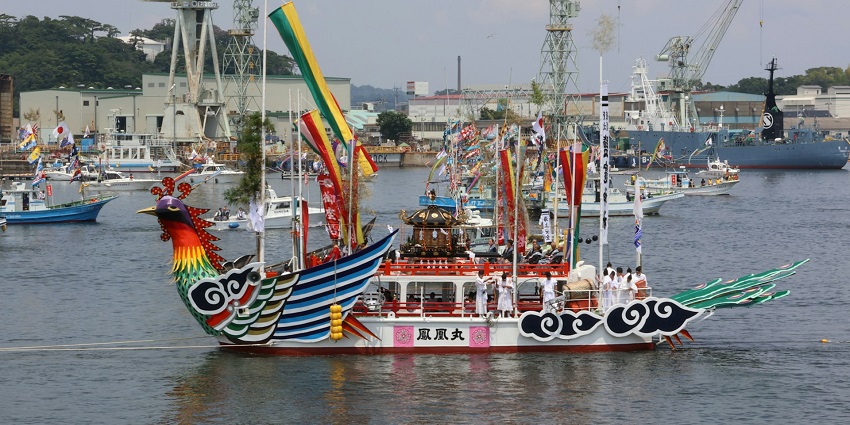
Photo: Yanhao Fang / Unsplash / Image For Representation Only
This annual festival in Kebbi State celebrates fishing traditions along the Sokoto River. Participants compete to catch the largest fish using traditional methods. Visitors can witness the excitement of the fishing competitions and enjoy the local cuisine. The festival highlights Nigeria’s fishing heritage and offers a unique glimpse into rural life. The event also includes cultural performances and traditional dances, celebrating the community’s reliance on fishing for livelihood.
Celebrated In: February/March
Location: Kebbi State
6. New Yam Festival
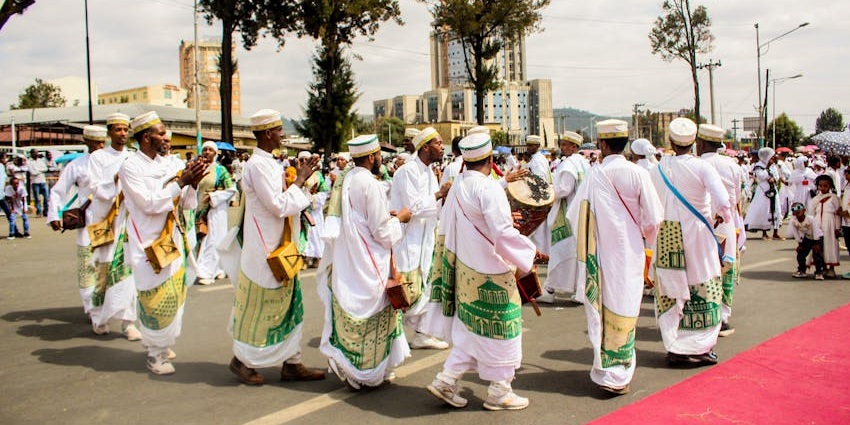
Photo: Lan Yao / Pexels / Image For Representation Only
Celebrated by Igbo communities across Nigeria, this festival marks the harvest season for yams. It includes feasting, dancing, and rituals to thank the gods for a bountiful harvest. Visitors can experience the joy of the harvest season and participate in the festivities. The festival celebrates Igbo culture and tradition, showcasing the importance of agriculture in Nigerian society. The rituals involve traditional dances and the display of yams, symbolising gratitude for the harvest.
Celebrated In: August/September
Location: Igbo regions (e.g., Enugu)
Activities & Events: Feasting, rituals
7. Sango Festival
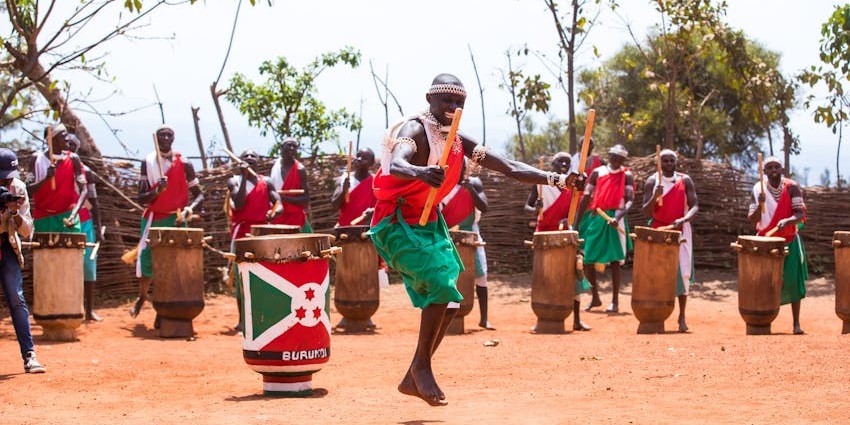
Photo: Audy of Course / Pexels / Image For Representation Only
This festival is dedicated to Sango, the Yoruba god of thunder, takes place in Oyo State. It features drumming, dancing, and rituals that celebrate Yoruba mythology. Visitors can immerse themselves in the vibrant sounds and colours of the festival, experiencing the rich cultural heritage of the Yoruba people. It is a time for spiritual reflection and connection with Yoruba deities, highlighting the importance of mythology in Yoruba culture.
Celebrated In: July/August
Activities & Events: Drumming ceremonies
8. Ofala Festival

Photo: Eaghadiuno / Wikimedia Commons
Held annually in Anambra State, this festival honours Igbo kings (Obis) through royal processions and vibrant cultural displays. It celebrates Igbo royalty and community leadership, highlighting the vital role of kings in preserving tradition. The event showcases music, dance, and attire that reflect the richness of Igbo heritage. Visitors are treated to a colourful and regal experience, offering deep insight into the customs and values of the Igbo people. It’s a proud celebration of identity and cultural continuity.
Celebrated In: October/November
Location: Anambra State
Activities & Events: Royal processions
9. Igue Festival
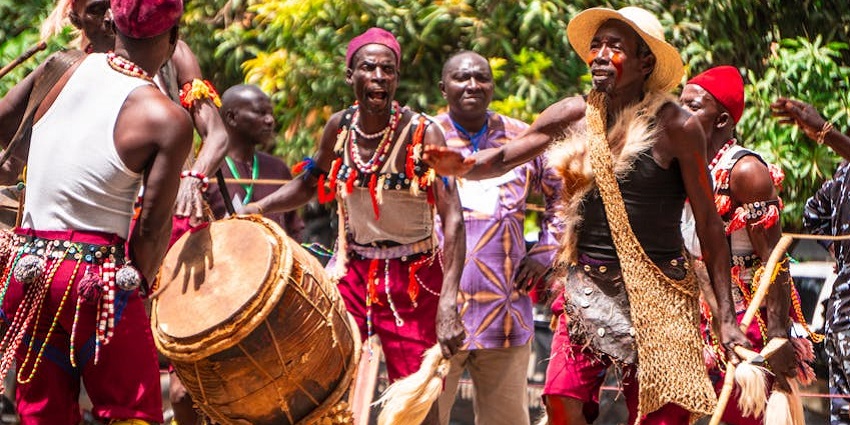
Photo: Dokun Ayano / Pexels / Image For Representation Only
Celebrated by the Edo people in Benin City, this festival marks the end-of-year blessings by their king (Oba). It showcases Edo culture through dances and rituals. It is a time for spiritual renewal and community bonding, exploring the community, and highlighting the importance of the monarchy in Edo culture. Visitors can experience the vibrant cultural displays and enjoy the Nigerian festive atmosphere.
Celebrated In: December/January
Special Food/Drink: Banga soup
10. Naija Corn Festival
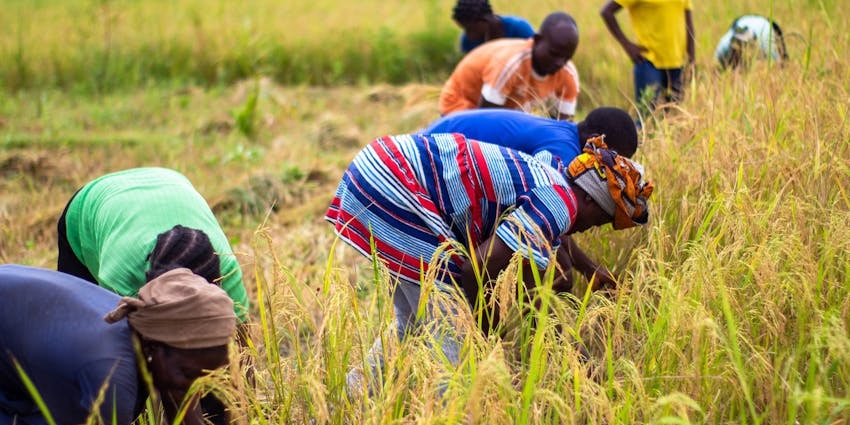
Photo: ZEUS THE CREATOR / Pexels / Image For Representation Only
This festival celebrates the harvest of corn and other crops in Nigeria. The festival celebrates community and gratitude for the harvest, showcasing the diversity of Nigerian agriculture. It includes feasting, music, and cultural performances that highlight the importance of agriculture in Nigerian society. Visitors can enjoy the local cuisine and participate in the festivities to experience the joy of the harvest season.
Celebrated In: June (It may vary across regions)
Special Food/Drink: Adalu, Ogi
Festivals in Nigeria showcase its vibrant culture, from the Eyo Festival to the Naija Corn Festival. Beyond celebrations, Nigeria offers stunning landscapes, lively cities, and warm hospitality. Explore the ancient city of Kano, the sacred Osun Osogbo Grove, or Lagos’s vibrant nightlife. Whether you’re drawn to culture, history, or entertainment, Nigeria offers something to everyone. Discover unforgettable experiences and plan your perfect getaway with TripXL today!
Cover Photo: Meg von Haartman / Unsplash / Image For Representation Only


 WhatsApp
WhatsApp
 Twitter
Twitter









